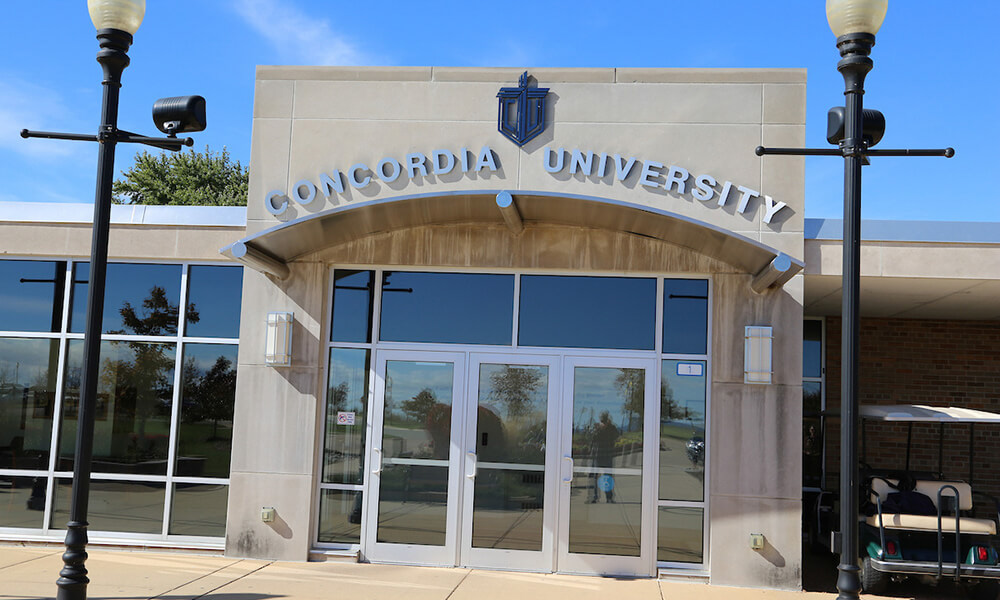
Concordia University Wisconsin is alerting the public to a telemarketing scam that attempts to con individuals by “masking” the incoming number as a university phone number.
The scammers are said to be posing as All-State Insurance agents and are causing Concordia’s 262-243-4300 admissions office number as the number that shows up on recipients’ caller id. No fraudulent calls have gone out from Concordia’s campus, but the university is able to receive return calls made by the individuals who were targeted.
As soon as Concordia became aware of the concern, university officials contacted the Federal Communications Commission (FCC) and are continuing to work with the FCC and the Federal Bureau of Investigations to resolve the issue.
Individuals nationwide appear to be among the targeted population, with a high volume of calls utilizing the CUW number made to California as recently as yesterday. If residents in the U.S. receive a call from 262-243-4300 they are advised to allow the call to go to voicemail, and under no circumstances should they provide personal information.
Known as “neighbor spoofing,” this scam that Concordia has been randomly targeted by uses false caller identifications to trick people into thinking that somebody local, possibly even someone they know, is calling. The result is that many consumers answer phone calls that they might not normally answer and may compromise their personal information by interacting with scammers.
Concerned individuals are encouraged to contact the university directly at 262-243-2185.
The university urges the public to follow the FCC consumer tips to combat spoofing and robocalls:
- Don’t answer calls from unknown numbers. Let them go to voicemail.
- If the caller claims to be from a legitimate company or organization, hang up and call them back using a valid number found on their website or on your latest bill if you do business with them.
- If you answer and the caller (often a recording) asks you to press a button to stop receiving calls, or asks you to say “yes” in response to a question, just hang up.
- Be Aware: Caller ID showing a “local” number no longer means it is necessarily a local caller.
- If you receive a scam call, file a complaint with the FCC Consumer Complaint Center. If you have lost money because of a scam call, contact your local law enforcement agency for assistance.
- Consider registering your telephone numbers in the National Do Not Call Registry. Lawful telemarketers use this list to avoid calling consumers on the list.
— This story is written by Kali Thiel. Kali was Director of University Communications until April, 2025.
If this story has inspired you, why not explore how you can help further Concordia's mission through giving.